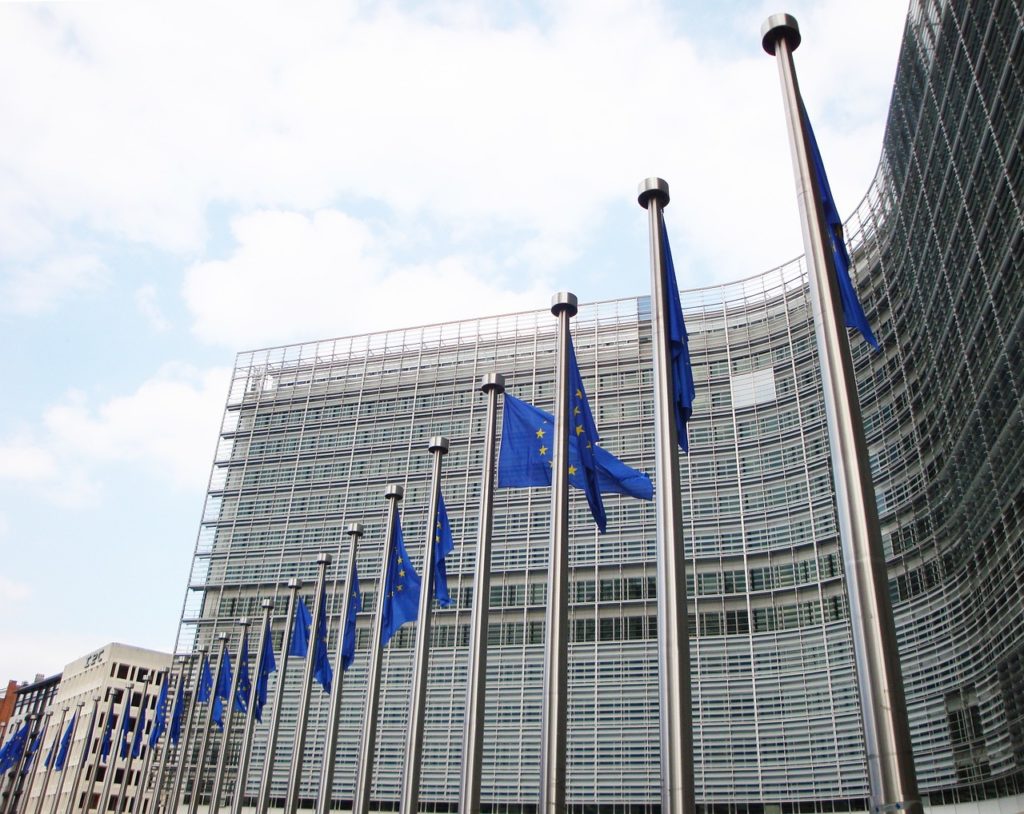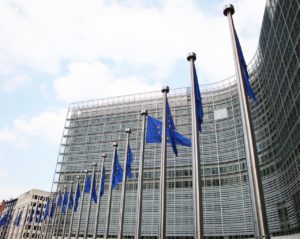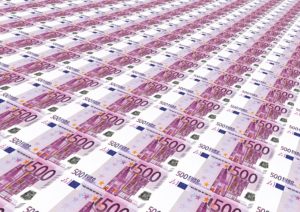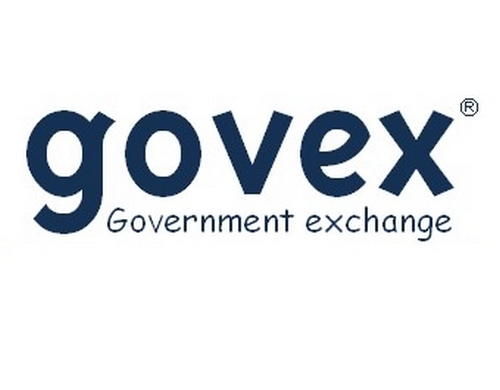Commission issues guidance on the participation of third country bidders in the EU procurement market
 This summer's guidance is part of a package of Commission initiatives to ensure fair competition, high quality and a level playing field in public procurement markets. It is also the first deliverable of the 10 actions set out in the Communication on EU-China relations and supported by the European Council in its March 2019 conclusions. The EU has an open procurement market, the largest in the world with a value estimated at €2 trillion yearly. In increasingly global markets, public buyers in the EU need to be equipped with the right tools and knowledge to deal with bidders from countries outside of the EU. The guidance published today provides practical advice to public buyers in the Member States. It helps them identify which third country bidders have secured access to the EU procurement market. The guidance further aims to raise awareness among contracting authorities of the different instruments in the EU public procurement toolbox. This includes measures that may be taken in case of abnormally low-priced offers, as well as measures to ensure that third country bidders respect the same quality as EU bidders in areas such as security, labour and environmental standards. Vice-President Jyrki Katainen, responsible for jobs, growth, investment and competitiveness, said:“Openness and competition in public tenders helps obtain better value for taxpayers' money and high quality public services. Public buyers need to make informed choices with EU citizens' best interest at heart, using all the tools available to uphold our European standards. And as a flipside of our openness, EU businesses need to be able to bid for public contracts outside of the EU in a reciprocal manner.” Commissioner Elżbieta Bieńkowska, responsible for the Internal Market, Industry, Entrepreneurship and SMEs said:“All bidders – European or foreign – have to play by the same rules. Public buyers may use the flexibilities of the legal framework to set and enforce high social, environmental and other quality standards for all bidders, regardless of their origin. This creates a balance between them.” The guidance also helps contracting authorities to review offers efficiently, identify potentially abnormally low-priced offers, and to tailor their procurements to choose the most innovative, social or green option. It focuses on the following areas:
This summer's guidance is part of a package of Commission initiatives to ensure fair competition, high quality and a level playing field in public procurement markets. It is also the first deliverable of the 10 actions set out in the Communication on EU-China relations and supported by the European Council in its March 2019 conclusions. The EU has an open procurement market, the largest in the world with a value estimated at €2 trillion yearly. In increasingly global markets, public buyers in the EU need to be equipped with the right tools and knowledge to deal with bidders from countries outside of the EU. The guidance published today provides practical advice to public buyers in the Member States. It helps them identify which third country bidders have secured access to the EU procurement market. The guidance further aims to raise awareness among contracting authorities of the different instruments in the EU public procurement toolbox. This includes measures that may be taken in case of abnormally low-priced offers, as well as measures to ensure that third country bidders respect the same quality as EU bidders in areas such as security, labour and environmental standards. Vice-President Jyrki Katainen, responsible for jobs, growth, investment and competitiveness, said:“Openness and competition in public tenders helps obtain better value for taxpayers' money and high quality public services. Public buyers need to make informed choices with EU citizens' best interest at heart, using all the tools available to uphold our European standards. And as a flipside of our openness, EU businesses need to be able to bid for public contracts outside of the EU in a reciprocal manner.” Commissioner Elżbieta Bieńkowska, responsible for the Internal Market, Industry, Entrepreneurship and SMEs said:“All bidders – European or foreign – have to play by the same rules. Public buyers may use the flexibilities of the legal framework to set and enforce high social, environmental and other quality standards for all bidders, regardless of their origin. This creates a balance between them.” The guidance also helps contracting authorities to review offers efficiently, identify potentially abnormally low-priced offers, and to tailor their procurements to choose the most innovative, social or green option. It focuses on the following areas:
- Accessbyforeign bidders: EU rules generally do not distinguish between EU and non-EU companies. However, the guidance clarifies that only companies from third countries with which the EU has signed binding international or bilateral free trade agreements covering public procurementhave guaranteed access to the EU procurement market. Other third country companies do not have secured access to EU procurement markets and may be excluded. In addition, the guidance confirms that Member States remain free to restrict access to their markets in the areas ofdefence and security.
- Rejecting abnormally low-priced offers:The Commission reminds contracting authorities about the possibilities under EU rules to reject offers that appear unjustifiably low. The guidance contains a checklist of questions that authorities may ask the bidder in order to obtain clarifications regarding the price.
- Quality-based procurement:EU procurement rules encourage public authorities to procure strategically and to put innovation, social responsibility and sustainabilityat the heart of their procurement procedures. This avoids awarding contracts solely on the basis of the lowest price. The guidance includes concrete examples of such strategic procurement and explains how to set and enforce social, environmental and labour standards in the procurement procedure. These rules apply for all tenders and regardless of whether bidding companies are established in the EU or not.
- Practical assistance from the Commission:The guidance also recalls thatpublic authorities may ask the Commission to assess a project's compatibility with EU public procurement rules before taking important steps, e.g. launching a call for tender for the main project works or signing an international agreement (the so-called ‘ex-ante assessment' mechanism). This may cover, for instance, advice on an abnormally low price or on quality-based design of procurements.
Background EU public procurement rules help obtain better value for taxpayers' money by ensuring that public contracts are awarded through transparent, non-discriminatory, and competitive tender procedures. They were further simplified in 2014, giving public authorities the power to use public procurement to achieve environmental, societal or innovative objectives when buying goods and services. Today, the single market for public procurement represents a significant part of the EU economy, with a value estimated at €2 trillion yearly or about 14% of the EU GDP. In March 2019, the Commission and High Representative for Foreign Affairs adopted a Joint Communication setting out a new “EU – China strategic outlook” and identifying the need for more balanced and reciprocal economic relations between the two partners. In this context, the Commission proposed a package of measures to address obstacles to a level playing field for EU and non-EU companies on the EU market for public procurement. As announced in that Communication, the Commission is also examining how the EU could appropriately deal with the distortive effects of foreign state ownership and state financing of foreign companies on the EU internal market. Finally, the Commission reiterates its call on the European Parliament and Member States to adopt the International Procurement Instrument before the end of 2019 to promote reciprocity and open up procurement opportunities for EU companies in third countries. This guidance builds on the Communication ‘Making Public Procurement work in and for Europe', which established a broad partnership with Member States with the objective of enhancing the effectiveness of public procurement. Knowing and using the opportunities and flexibilities of the EU public procurement framework helps strengthening the single market and contributes to a level playing field.
Source : European Commission




You must be logged in to post a comment.